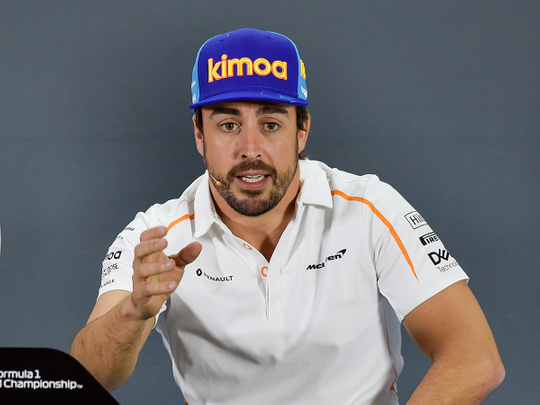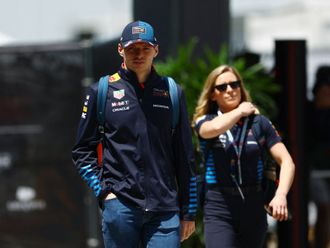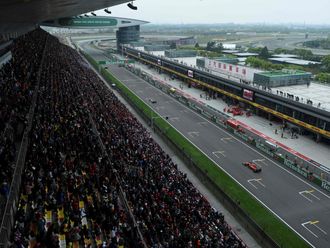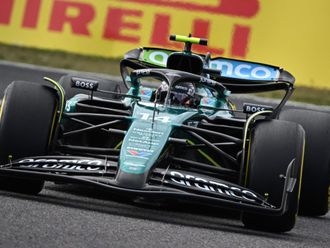
Madrid: Spain’s Fernando Alonso is set to become the first Formula 1 champion to compete in the Dakar Rally, which starts on Sunday in Saudi Arabia.
“The biggest challenge of my career,” the 38-year-old Alonso said, referring to the world’s most gruelling race.
Alonso, who won the F1 championship in 2005 and 2006, entered the Dakar Rally, whose 2020 edition leaves behind South America for Saudi Arabia, as part of his quest to become a more complete and versatile driver.
About 20 F1 drivers have competed in the Dakar Rally over the years, but Alonso is the first world champion to do so.
Belgium’s Jacky Ickx became the first former F1 driver to win the Dakar Rally, finishing first in 1983 and second in 1986 and 1989.
The expectations for Alonso are comparable to those raised by French driver Sebastien Loeb, a nine-time rally world champion, who competed in the Dakar Rally from 2016 to 2019, winning 13 stages but never finishing first overall.
“If Loeb still hasn’t won the Dakar, imagine me, who is coming from asphalt. I think the goal is more to approach the rally as an enriching experience for us,” Alonso said in an interview last Friday before leaving for Saudi Arabia.
The 45-year-old Loeb was unable to take home the bronze Touareg Trophy despite being the best driver in rally history and having skills that fit the Dakar Rally better than Formula 1.
Even though Loeb did not have to make huge adjustments, he still came up short in his bid to win the Dakar, whose inaugural edition was held in 1979.
Alonso, who has always driven alone, will have veteran Marc Coma, a five-time rally champ in the motorcycle category, helping him navigate the route.
The Spanish driver has the triple crown of motor racing within reach.
In Saudi Arabia, a route covering nearly 8,000 kilometres (4,970 miles), with more than 5,000 kilometres (3,106 miles) timed, awaits racers, who will start in Jeddah and finish in Qiddiyah, near Riyadh.
The Dakar Rally starts on January 5 and ends on January 17.












